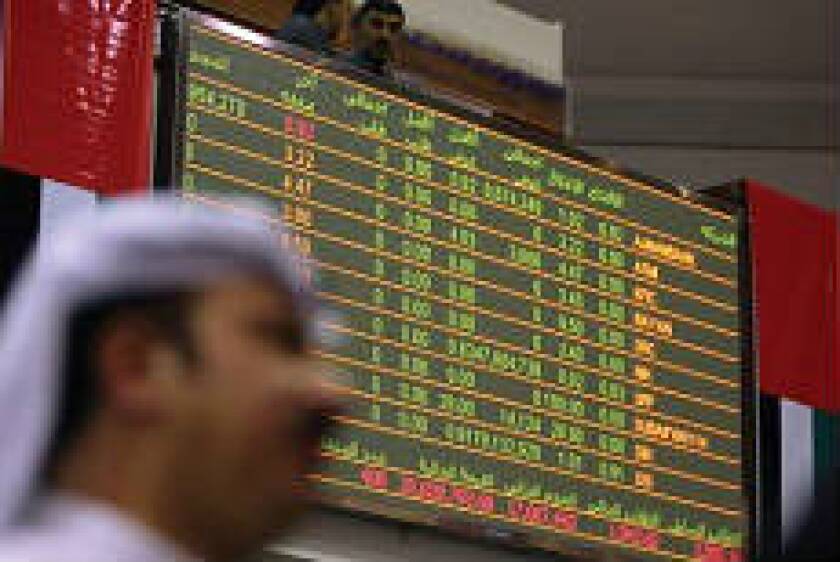Hong Kong sold a $1bn 2019 ijara debut in September last year, in which commercial property on Hong Kong Island owned by the Financial Secretary Incorporated (FSI) and other government bodies served as the assets.
The intention of the trade was clear: with no fiscal deficit for more than a decade, the administration was not doing this for the money, but to put its name forward as an Islamic finance hub in a region dominated by Malaysia and Indonesia.
A $4.7bn order book and an ijara structure with a profit rate of 2.005%, one of the lowest ever achieved by an international issuer , went some way in fulfilling that ambition.
But if Hong Kong is serious is promoting sukuk issuance by its corporates, simply having an ijara structure serve as a benchmark will not be enough, since most corporates would find it difficult to have enough Shariah-compliant assets to back it, said one Hong Kong based lawyer.
Tilting towards wakala The ijara structure Hong Kong adopted last year is the most commonly used by international issuers. Some $100.8bn of international sukuk with a maturity of at least one year and $500m in size have been issued since 2002, out of which $50.9bn were ijara sukuk. An ijara is commonly used because the structure appeals to the widest Islamic investor base and is recognised by most Shariah boards. But it is also one of the most onerous in terms of finding the right assets on which to base a sukuk. As a result, asset-light structures such as wakala are becoming more popular. But wakala can also be difficult to structure since issuers will still have to ensure all the investments and assets included in the portfolio are Shariah compliant. If the portfolio contains equity, then issuers will have to make sure that the company whose shares are being used is not primarily focused on alcohol, gambling and pork. If it includes Shariah-compliant commodity arrangements such as murabahah and tawarruq, the issuer would need to take into consideration the brokerage and trading cost for sourcing the commodities from a third party. However, liquidity could become a problem for wakala since most Middle Eastern funds prefer asset-heavy deals and some could find it challenging to buy into asset-light ones. But John Chong, chief executive of Maybank Kim Eng Group, said the difference between the two structures was negligible and that investors had become more comfortable with wakala in recent years. “Traditionally, issuers have favoured ijara due to its relative straightforward nature based on a sale and lease-back arrangement,” Chong said. “But wakala is gaining traction as the Shariah structure of choice for both corporates and sovereigns globally due to its relative asset-light nature.” |
He pointed out that even though execution for the ijara was tip-top, it was far from plain sailing, with the government having to spend more than nine months searching for the right Shariah-compliant properties.
For an ijara to work, issuers need to have Shariah-complaint tangible assets of an identical value to back the issuance, in the form of a sale and leaseback agreement.
“If a government had to go through so much trouble finding the right assets, you can imagine what this would mean for corporates,” a Hong Kong based lawyer said.
Providing choices
As a result, Hong Kong needs to ensure that there are other more “ user friendly ” structures in place for companies to reference against, the lawyer said.
One such structure is the wakala , for which the Hong Kong government has just sent out a request for proposals (RFP) last week.
Unlike an ijara , which is based on the concept of leasing, wakala is similar to an agency agreement: the investors appoint an agent — a wakeel — to invest the funds they provide, for a defined period and for an expected profit. The funds can be formed by a pool of investments and assets, and the percentage of intangible underlying assets is typically less than 50%.
“Wakala would give flexibility to issuers considering bigger size issuances, as opposed to ijara , where they will need to have sufficient tangible assets of the same value to facilitate them,” said Mohamad Safri Shahul Hamid, senior managing director and group head, wholesale banking, CIMB Islamic Bank.
He added that wakala is more appealing for issuers since it is more nimble. The portfolio can be fairly broad and may include equities, commodity investments, sukuks and other derivative products.
Promoting growth
A Middle
East based
DCM banker agreed that introducing
wakala
into the city was a smart move by the Hong Kong authorities, since this asset-light structure has become increasingly popular over the past year.
Some $10.6bn international wakala have been issued since 2002, out of which 37% were printed in 2014 alone, according to Islamic Finance Information Service, a sister publication of GlobalCapital Asia. “It’s a very, very sensible second step,” said the banker.
If Hong Kong succeeds in issuing a wakala , a Hong Kong based DCM banker said it could well be the spark needed for the private sector to follow suit.
“Financial institutions (FIs) will be a good candidate for wakala since they have plenty of assets, but most are intangible,” the banker said.
He also pointed out that Hong Kong financial institutions are natural candidates to take over the task of issuing sukuk, due to the city’s heavy reliance on the industry.
“If you’re an investor looking to buy into Hong Kong, you’re pretty much buying into banking and tourism,” the DCM banker said. “Plus, not a lot of corporates have a similar credit rating to Hong Kong’s triple AAA status and banks, which are mostly in the single A bracket, are probably the easiest to price off the government’s sukuk benchmarks.”

